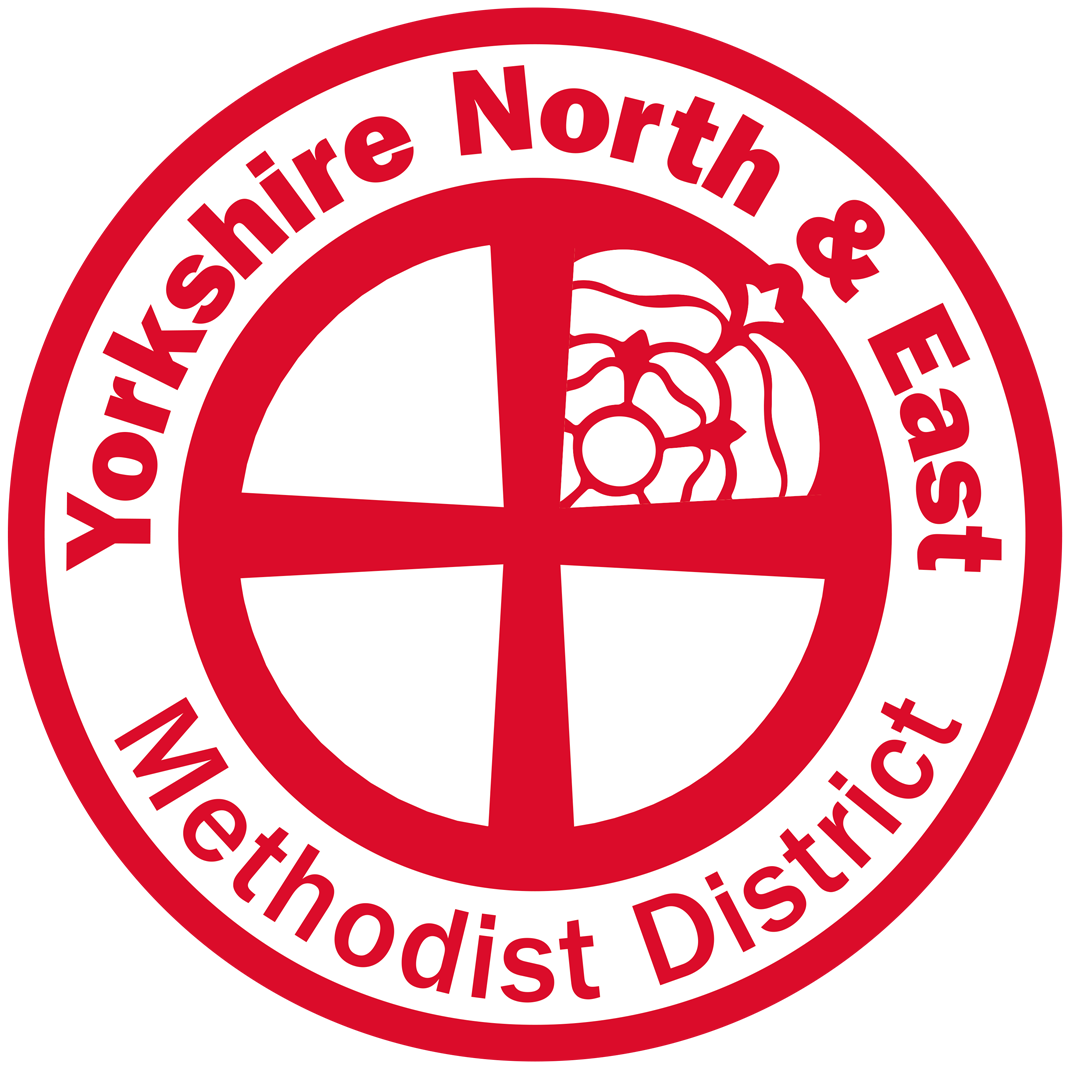The impact of homelessness on the health and wellbeing of children
Tackling the impact of homelessness on children remains an ongoing and deeply entrenched problem. Shelter estimated that on Christmas Day last year there were at least 135,000 children in Great Britain who were homeless and living in temporary accommodation. Homelessness can have diverse and wide-ranging impacts on the physical and mental health of children and babies. York’s Homelessness Strategy notes that children who have been homeless and in temporary accommodation are three times more likely to demonstrate mental health problems such as anxiety and depression and are at greater risk of infections and accidents.
Adverse Childhood Experiences and the potential for homelessness in later life
There is also mounting evidence of the way that negative and traumatic experiences in childhood can have a lasting impact right through people’s lives. Crucially, there is a link between how adverse experiences in childhood can shape the potential risk of experiencing homelessness in adult life.
A lot of attention has focused on adverse childhood experiences, which describe highly stressful and potentially traumatic events or situations that can occur in childhood or adolescence such as physical, emotional or sexual abuse, or living with someone who has abused alcohol or drugs, for example. One national study has mapped the prevalence of adverse childhood experiences across England and we can look at how levels of adverse childhood experiences vary across our District. Hull is one of the areas of the country where children are more likely to have experienced a range of traumatic experiences. The annual report of the Director of Public Health for North Yorkshire has also looked in detail at child poverty within our area.
Violence in the home is one of many such issues that can impact on children. The number of calls to helplines that deal with domestic violence has escalated during Covid19 pandemic. However, one of the characteristics of domestic violence is the extent to which people do not report what they are experiencing, and this is something that that has been noted across parts of our own District. The issue is the subject of current national policy attention and the Domestic Abuse Bill is moving towards its second reading in the House of Lords. There has also been a recognition that as a Church we can do more, and as I write this blog the Connexion is holding its first Domestic Abuse Webinar next week. Nevertheless, organisations like Action for Children have highlighted not only the impact of domestic violence on children, but also the patchy response that is available to tackle this issue across the country.
Some groups of young people are at particular risk of homelessness. Action for Children has drawn attention repeatedly to the fact that young people who have been in care continue to cope with the lasting impact of a traumatic childhood and yet care leavers are expected to live in their own accommodation at a far earlier age than other young people.
But it’s not just in relation to housing that care leavers face huge challenges. As one person with lived experience of the care system also highlighted, care leavers have to cope with the upheaval of transitioning from care and making their way in independent accommodation at exactly the same time as they are working towards critical exam qualifications. As an aside perhaps it’s worth reflecting on how far churches in a post Covid19 world could play a role providing safe spaces for learning not just for care leavers but also for young people living in very insecure and/or overcrowded housing situations.
Homelessness has diverse and multiple consequences for people of all ages, including children, but sometimes it’s the details that strike home. One thing that has stayed with me are the words of a homeless support worker who told me that one thing they tried to do while they were helping families to deal with the immediate crisis of losing their homes was to make time to sit down with children, and to provide the space for them to talk and grieve for the family pets they had just been forced to give up.
In looking to the future we can highlight current partnerships between Methodism and organisations that support young people. With their origins in Methodist mission, Action for Children do fantastic work to protect and support children and young people. Not only do they help to build the evidence base of the challenges facing children and young people and how we can respond, but also provide practical and emotional care and support, as well as campaigning to bring lasting improvements to their lives. We can do what we can to be with people and help them overcome homelessness when it happens. But we can also be part of helping to prevent homelessness, which can mean going right back to tackling some of the root causes.
This is part of a series of blogs in the run-up to the Sleep Out For Homelessness event on January 23rd 2021 being run by our District Children and Youth team. Find out more about the Sleep Out for Homelessness event here: www.yorkshirenemethodist.org/district-youth/sleep-out

